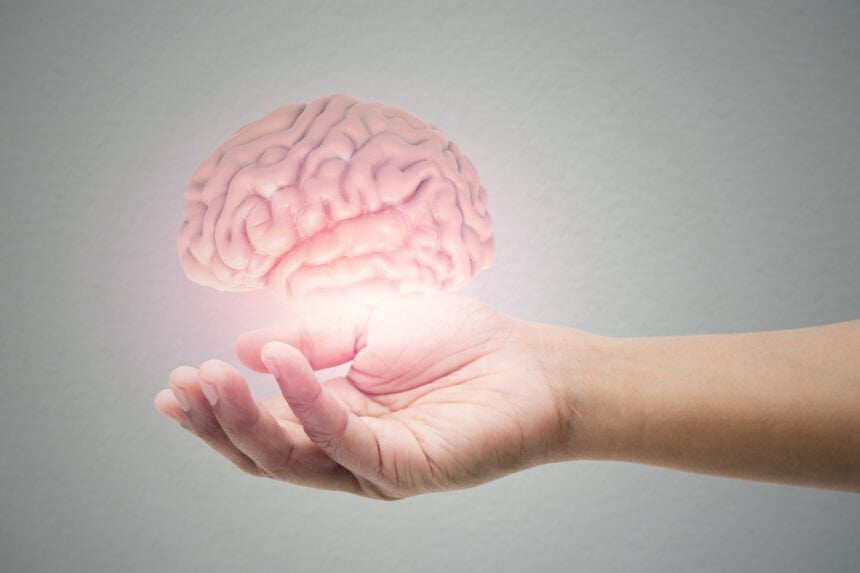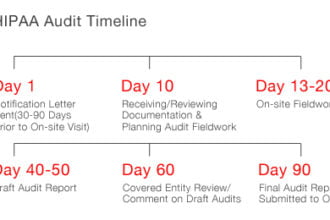Imagine you’re navigating a vast ocean, but this time, it’s the digital realm, where technology acts as the bridge to connect you with mental health resources.
You’re seeing more digital platforms, teletherapy services, and apps dedicated to mental health. But how exactly is this technology making a difference?
As you explore further, you’ll uncover how these tech tools are not only facilitating mental health connections but also potentially changing the landscape of mental healthcare.
So, are you ready to navigate these uncharted waters?
Digital Platforms Easing Access
You’ll find that digital platforms are significantly easing access to mental health resources, breaking down traditional barriers and bringing support right to your fingertips. No longer do you have to trudge to a physical location, navigate awkward conversations, or grapple with time constraints. Technology is rewriting the rules.
These platforms are diverse, ranging from online therapy websites to social media communities. They’re providing a space where you can connect with professionals and peers alike, sharing your experiences, gathering advice, and even seeking treatment—all from the comfort of your own home.
You’ll find online therapy websites particularly convenient. They offer video, telephone, or text-based sessions with licensed therapists. You’re not restricted by location or time; you can have your therapy session whenever it suits you, wherever you are.
Then there’s the power of social media, enabling you to join mental health communities. Here, you can engage in discussions, gain insights, and feel less alone in your journey.
These digital platforms are democratizing mental health care, making it more accessible than ever. It’s about time you leverage them to your advantage. Remember, help is just a few clicks away.
Mental Health Apps: A Deep Dive
Let’s delve into the world of mental health apps, a tech-savvy solution that’s revolutionizing the way we manage and understand our mental well-being. These handy tools are at your fingertips, providing ease and convenience like never before.
Here’s why you should consider them as part of your mental health toolkit:
- Self-monitoring: These apps allow you to track your moods, thoughts, and behaviors in real time. This can help identify potential triggers and effective coping strategies.
- Empowerment: Apps give you control over your mental health journey. You’re not just a passive recipient of care, but an active participant in your own well-being.
- Accessibility: Mental health apps are generally affordable and accessible, eliminating barriers such as cost, transportation, or scheduling.
- Anonymity: If you’re uncomfortable discussing your mental health issues openly, these apps provide a safe, private space to explore your feelings.
Teletherapy: The Virtual Couch
Shifting gears, we now delve into the realm of teletherapy, an innovative approach that brings mental health support right to your comfort zone. Imagine sitting on your own couch, sipping your favorite tea, and speaking to a licensed therapist through a video call. That’s teletherapy in a nutshell.
You don’t have to worry about commuting, getting stuck in traffic, or fitting an office visit into your busy schedule. Time and distance are no longer barriers to receiving the help you need. You’re not bound by geographical limitations, which means you can connect with therapists who specialize in your specific needs, even if they’re not in your immediate area.
Privacy is another key advantage. You can open up about your feelings and experiences without worrying about being overheard. Plus, you’re in your own safe space, which can make it easier to express yourself honestly.
Teletherapy is a game-changer in mental health support. It’s not just about convenience, it’s about accessibility and comfort. It’s about breaking down barriers and making mental health care as normal as any other health care. It’s a virtual couch, but the support and healing it provides are very real.
Connection Through Social Media
While teletherapy brings therapy to your living room, social media platforms can also play an integral role in supporting your mental health journey. You’re probably already using these platforms daily, but have you considered their potential as mental health resources?
Here are four ways social media can help you connect and engage with mental health support:
- Community Building: There are countless groups and pages devoted to mental health where you can interact with individuals experiencing similar struggles. You’re not alone, and these communities can offer a sense of solidarity.
- Information Sharing: Many mental health professionals and organizations use social media to disseminate valuable resources and advice. You can learn a lot from following the right accounts.
- Positive Affirmations: You can curate your feed to include positive and uplifting content. This can help to counteract negative thought patterns.
- Real-Time Connection: Social media allows for instant connection and communication, which can be crucial during tough times.
Keep in mind, though, that social media has its drawbacks. It’s important to use it wisely and remember it’s not a substitute for professional help.
Future Trends in Tech-Health Intersection
As we’ve explored the role of current technology in mental health, it’s equally important to cast an eye towards the future trends that are poised to redefine this intersection. You’ll start to see an increasing reliance on AI and machine learning, making diagnosis and treatment more accurate and personalized. Imagine virtual therapy sessions guided by AI, providing real-time solutions based on your emotional and physiological inputs.
Teletherapy is another trend to watch out for. It’s not just about convenience; this technology can break barriers and reach people in remote areas or those hesitant to seek help. With virtual reality (VR), the therapy experience could be more immersive and interactive, effectively tackling challenges like anxiety or phobias.
Finally, mental health apps will evolve beyond basic tracking and reminders. They’ll incorporate advanced algorithms and predictive analytics to alert you before a potential mental health crisis occurs. These apps might even connect you with professional help at the tap of a button.
In a nutshell, the future of mental health lies in the palm of your hand, literally. The tech-health intersection is set to become a game-changer, making mental health care more accessible, efficient, and personalized than ever before.
You’ll find BE Therapy & Counselling Psychologist in Dubai particularly convenient. They offer video, telephone, or text-based sessions with licensed therapists. You’re not restricted by location or time; you can have your therapy session whenever it suits you, wherever you are.
Conclusion
Isn’t it a wonderful coincidence that as our world becomes more digitally connected, so does our ability to address mental health? Technology’s strides are easing access to mental health resources, from handy apps to teletherapy sessions. Social media, too, plays its part in forging connections.
As we continue to navigate this tech-health intersection, let’s embrace the digital revolution’s impact on our mental wellbeing. After all, we’re just at the start of what could be a transformative journey.









